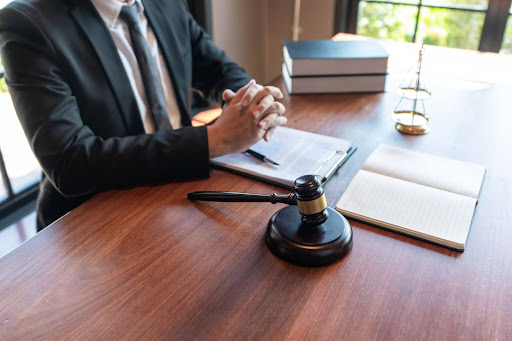We wish!
Even the best personal injury lawyers sometimes fail. Sometimes, the jury falls for an emotional (but baseless) argument made by the defense, sometimes a personal injury attorney isn’t the right choice for your type of claim, and sometimes things just go sideways.
However, good personal injury lawyers usually win–and win a lot.
Most personal injury law firms operate on a contingency fee basis, meaning they only get paid if they win your case. So, most attorneys only take cases where they have a good chance of winning. Our firm has a strong track record of successful jury decisions and negotiated settlements, and we always seek to achieve the best possible outcome for our clients. However, there is a lot more that goes into litigating a personal injury lawsuit, from understanding California statutes to keeping abreast of case law that could impact how statutes are interpreted by your trial judge.
When hiring a personal injury lawyer, be wary of any lawyer who guarantees to win your case. Our California personal injury lawyers are pulling back the curtain to show you how savvy attorneys win personal injury claims.
How to win a personal injury suit
When you seek compensation in a personal injury claim, you file a civil complaint citing negligence on the part of a person or entity responsible for your harm and demand a fair sum for your material losses, like necessary medical treatment for injuries you sustained, and non-material losses, like pain and suffering.
Your case may go to trial in civil court, or your attorney may settle it in negotiations with the other party. To win your case, your lawyer must prove that the defendant had a duty of care for your safety, failed in their obligation, and this failure caused you injury and financial loss.
This is the legal concept of negligence and it’s the foundation of California personal injury law. If your lawyer proves all four elements, then there is a very good chance they will win your case.
How do they do this?
Proving negligence in California personal injury claims
The first step in building a strong case is establishing that another party (either an individual or an entity, like a pharmaceutical company or consumer goods manufacturer) has a duty of care for your safety. Your lawyer demonstrates the obligatory relationship between the two of you, such as:
- Proving that you purchased a medication or product from the corporation
- Worked for the employer
- Had a driver’s license and were permitted to drive on the roads
- We’re a legal tenant in a rental property
Once your attorney establishes that the relationship between you and the defendant created an obligation for the defendant to take reasonable care for your safety, they must then show how the defendant’s action (or inaction) caused your injury.
This may involve making an argument like:
- The defendant failed to follow traffic laws, causing a wreck
- The defendant failed to properly diagnose your illness, causing you to go through painful and unnecessary medical procedures
- The defendant failed to prevent the contamination of the food you ate, and you got sick
- The defendant committed assault, knowing that you could be injured
The last step in case-building is to demonstrate that you suffered financial loss because of your injuries; if you didn’t experience losses, then there is no purpose in filing a personal injury suit.
Evidence like your medical records and bills, estimates for property damage repair or replacement (like a quote from an auto body shop specializing in car accidents), pay stubs showing that you had to miss work to recover from your injuries, and other records of out-of-pocket expenses can be used to value your claim.
What makes a strong personal injury case?
Even the best personal injury attorney could struggle to win a weak case. Maybe the connection between the defendant’s actions and your injuries is tenuous, or perhaps there isn’t much evidence to prove that the defendant caused your injuries.
A strong case has:
- Clear liability (it’s obvious who is at fault)
- Strong evidence (and plenty of it)
- Considerable losses are directly tied to your injuries
Having plenty of evidence helps your lawyer with case-building. You can help your attorney by saving every document, including text messages or voicemails, related to the incident.
You also need a good attorney to build the case, using the right California personal injury statutes and relevant case law to convince a jury or the defendant’s insurance company of the defendant’s liability. A good attorney will also ensure that your case is filed within the California statute of limitations (two years) and that all other filing deadlines are met.
If you have been hurt due to someone else’s negligence, contact Ernst Law Group today at (805) 541-0300 for a free consultation.





